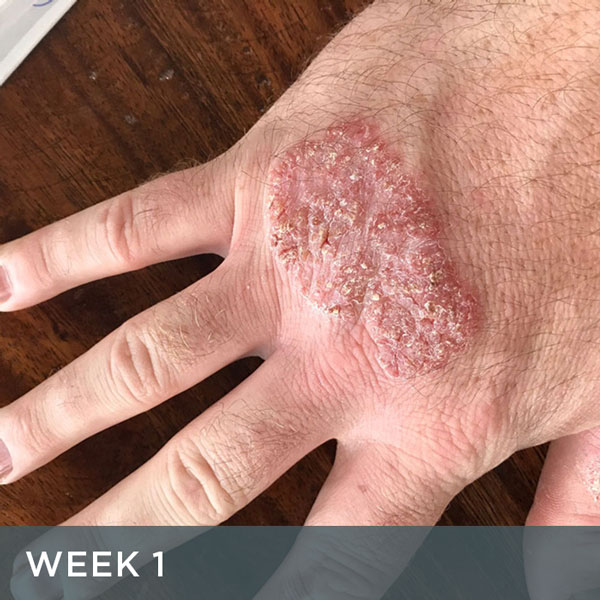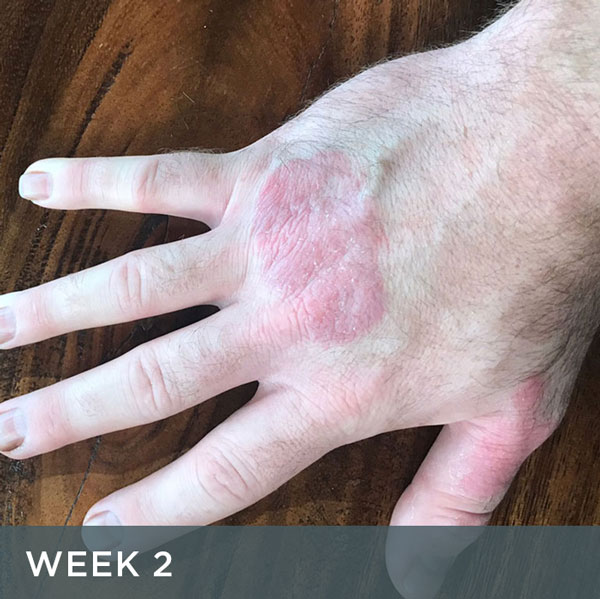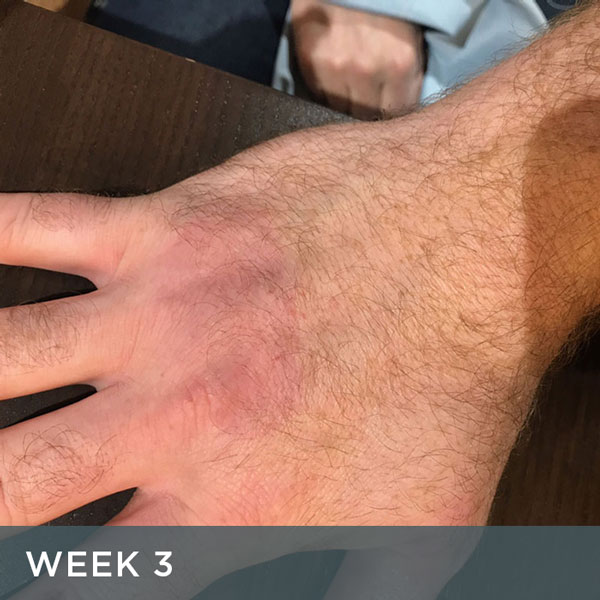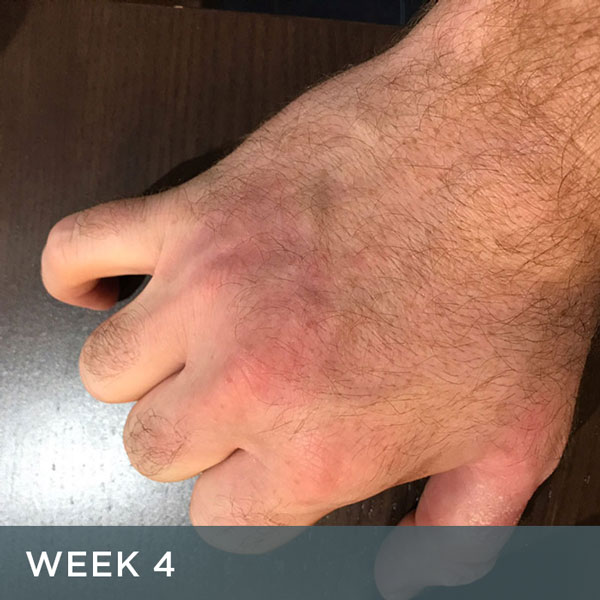Itis uncomfortable. It’suncomfortable. It’s eczema.
If you’re one of the more than 30 million French people who suffer from this stinging and scratching condition, you probably understand the pain and inflammation associated with this uncomfortable skin condition.
For many people, eczema is not just a physical discomfort, as the flaky, inflamed skin can also cause embarrassment and anxiety.
While there is no cure for eczema, it is possible to treat and manage the condition to reduce inflammation, pain, and the number of eczema flare-ups.
Keep reading to learn more about eczema, the eight most common types of eczema, and how a board-certified dermatologist can help you manage eczema so you can enjoy your skin without complications.
Eczema is a general term for a group of conditions that cause inflammation and irritation of the skin.
It is surprisingly common: up to 20% of infants and children have eczema, as well as up to 5% of adults according to information from the National Eczema Association.
Most children and infants with eczema outgrow the condition by their 10th birthday; others struggle with eczema their entire lives.
Although there is no cure for eczema, the condition can be managed by a dermatologist.
Docteur Gianfermi
Researchers and dermatologists do not know exactly what causes eczema, but it may be an immune response caused by genetic and environmental factors.
Prior to an eczema flare, an irritant or allergen may “activate” the affected person’s immune system.
This stimulation causes a skin reaction that results in itching and total discomfort.
It is important to know that eczema is not contagious.
You simply cannot catch it from another person as you would a cold.
The National Eczema Association has identified eight types of eczema.
Here are the eight types of eczema:
It is possible to have more than one type of eczema. While all types of eczema are associated with itchy skin, others are associated with raised rashes, oozing or weeping skin, or peeling skin.
According to the dermatologists on Dr. Gianfermi’s team, atopic dermatitis is the most common type of eczema.
Although treatment is prescribed on an individual basis, the first line of defense is usually a corticosteroid cream or ointment.
This can reduce the symptoms of a flare-up by soothing the itching and swelling. Other eczema treatment options may include systemic steroids, antibiotics, antihistamines, barrier moisturizers, etc. A qualified, board-certified dermatologist can help you treat your eczema and relieve your symptoms.
Submit your appointment request and one of our patient care coordinators will contact you shortly.




